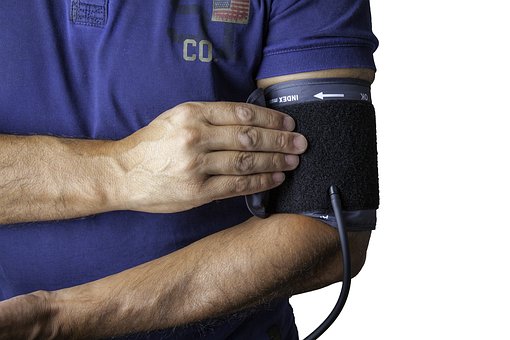
At the core, nursing is a profession that advocates patients’ well-being and strives to bring about an improved quality of life. Nothing can better emphasize this fact than paediatric nursing. As caregivers, it takes an extraordinary set of clinical skills to deal with the health challenges faced by children. This domain is for those who love nursing and working with children. Paediatric nurses are registered nurses who care for children of all ages in diverse work settings.
What Do Paediatric Nurses Do?
Paediatric nurses are a part of a multidisciplinary team that comprises of health visitors, doctors, hospital play staff, healthcare assistants, psychologists, and social workers. Any paediatric nurse working for a nursing agency in Hull is responsible for planning and assessing the nursing requirements of children.
You will also be proving care before and after surgical procedures. The job profile also calls for administering and monitoring medication, intravenous infusions, injections, and treating wounds. You will also be dealing with emergencies and hence must periodically monitor your patient’s condition. This may include taking samples and monitoring their temperature, pulse, and blood pressure.
On the administration front, experienced paediatric nurses must supervise the junior staff, organize workloads, and guide student nurses. You will also need to obtain parental consent for treatment and maintain updated patient records. Providing timely and accurate information, emotional support and patient reassurance are also an integral part of paediatric nursing. The job generally involves 24-hour shifts and is a very progressive career prospect for aspiring nurses.
Required Qualifications and Training
The primary route to becoming a paediatric nurse is to take up a nursing degree with a specialisation in children’s nursing. Most of these degrees are three years long and will provide you a mix of theoretical and practical nursing experience. You will need to have at least 2 A levels or its equivalent qualifications and a minimum of 5 GCSEs at grade C. It must include English, mathematics, and science – preferably biology.
Graduates in subjects like health, life, social, or biological sciences can opt for a two-year postgraduate course. A process called APEL (Accreditation of Prior Experiential Learning) is used to recognise your first degree. You may have to check with individual institutions to verify whether your degree course is eligible for entry.
You can even take up nursing degree apprenticeships that are offered by a few NHS organisations. Like the degrees, apprenticeships also give you a mix of academic study and placements. But these are employer-led rather than university-led. Hence, you may have to check with a nursing agency in Hull for enrolment. You will need a level 3 qualification for the apprenticeship since they are conducted at a degree level.
The nursing associate apprenticeship has been introduced in 2018 and is a two-year training programme. Applicants who have completed this program will be able to complete the nursing degree apprenticeship at a much faster pace. The nursing associate apprenticeship mandates academic learning only once a week. The rest of the days are dedicated to work-based education in a variety of settings. You need to have GSCEs in English and math at grade 9 to 4 (A to C), or its equivalent to apply.
All paediatric nurses working in the UK must be registered with the Nursing and Midwifery Council (NMC). You must renew this registration every year and have it revalidated every three years. The revalidation process requires you to complete a minimum of 35 hours of continuing professional development (CPD) and 450 hours of registered practice over three years.
Essential Skills Required For Paediatric Nurses
Children are not necessarily great communicators. They cannot express their discomfort or feelings. As such, paediatric nurses need to possess acute observation skills and must be highly responsive. As a paediatric nurse, you must also be proactive to identify the warning signs and take measures to improve your patient’s health. Your communication must also be sensitive enough to handle stressful situations. You must also communicate with parents and advise them on sensitive issues or long-term care.
You must also be in good health and demonstrate excellent teamwork. Being a paediatric nurse can sometimes be physically and emotionally demanding. Hence, stamina and resilience are required as well. You also need to be flexible, organised, and prioritise effectively.
Having Your Way with Kids
Winning over young patients is certainly not an easy job. While gaining their trust is important, the ability to distract a child is crucial as well. This skill comes handy when you are administering immunisations or inserting IV lines. Often, children do not understand why they are in a hospital or what is the treatment being given.
Building a rapport will alleviate their unpleasant experience and make them focus on you instead. You also need to maintain a calm demeanour with families of your patients. Children often mimic adults’ responses to a situation. Hence, it is necessary to have the parents calm for the overall well-being of the child
Paediatric nurses put in great effort to provide the care, information, and guidance for their young patients. They are the supportive pillars who take end-to-end care of a child and make sure of a speedy recovery.
